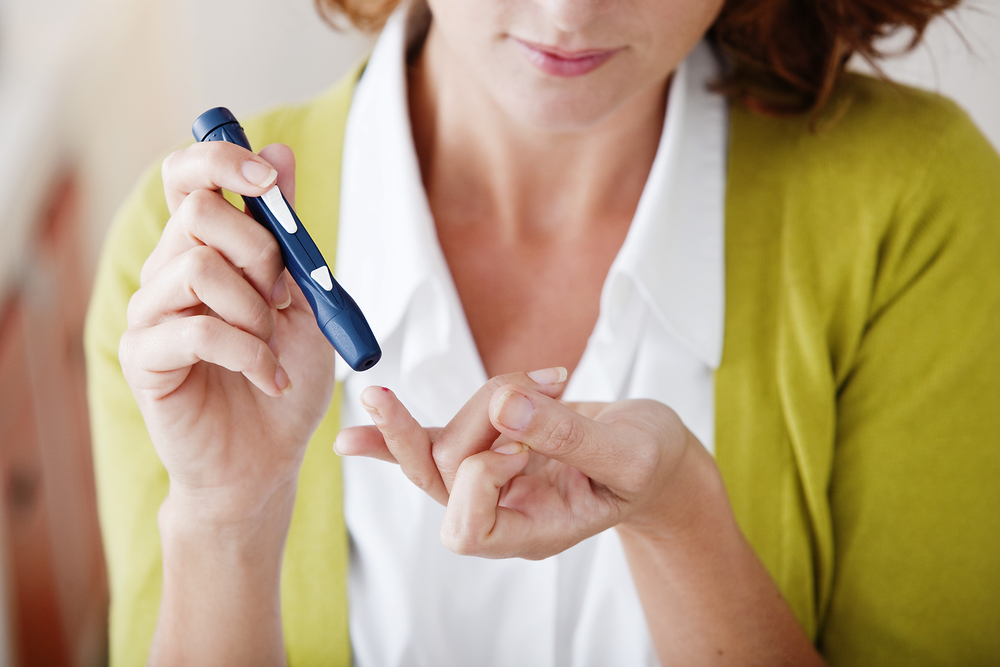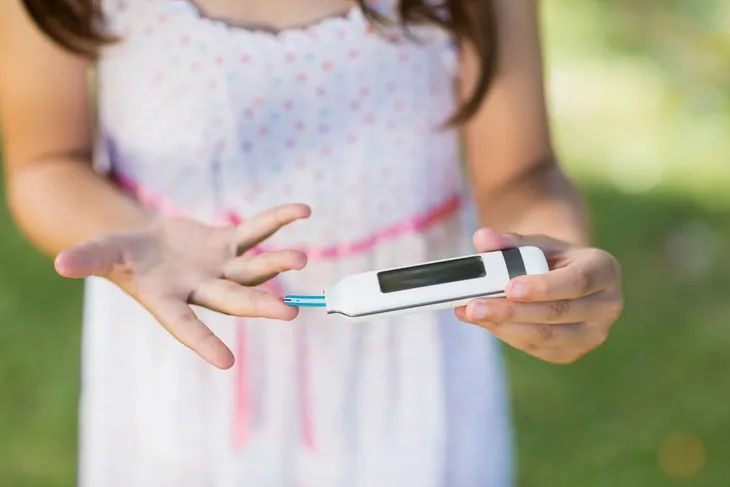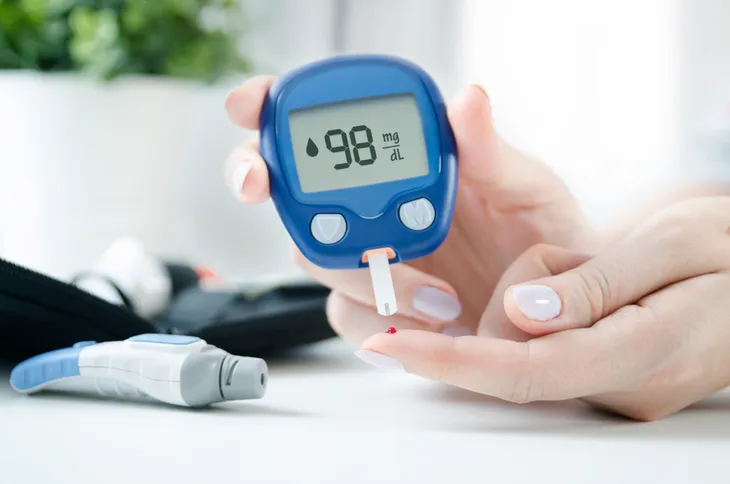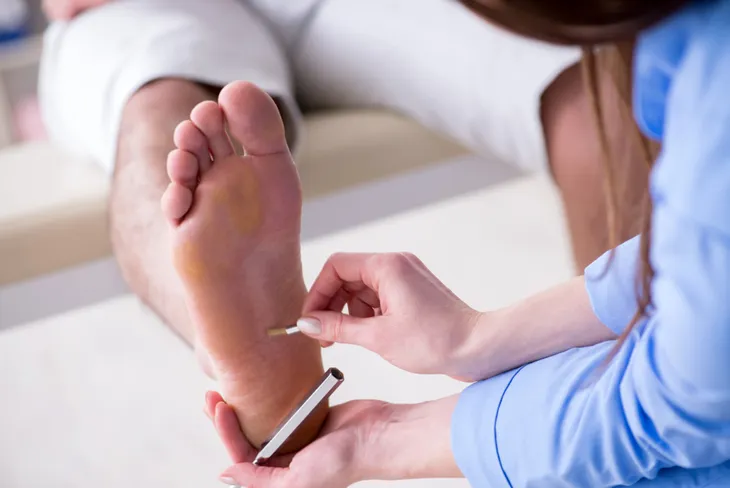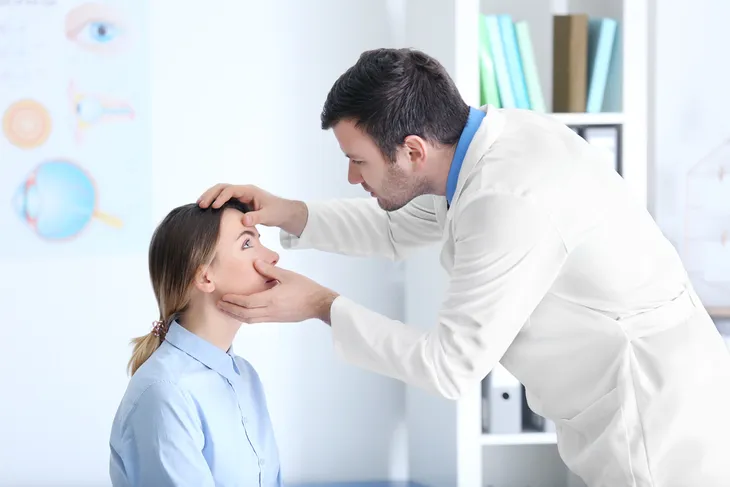If you have type 1 or type 2 diabetes, you’re well aware that care and management of your chronic disease is a daily task. However, a tiny slip up and you can end up in the hospital.
Your endocrinologist is likely always telling you to stay on track. He or she may even have provided a ‘to do’ list similar to this one to help you remember all the little things and stay healthy over the long term…
Want diabetes content delivered straight to your inbox? Sign up for our Diabetes newsletter and receive exclusive news and articles written from our team of diabetes experts.
1. What You Eat
If you’ve been diagnosed with type I or type II diabetes, you already know the importance of keeping tabs on what you eat. Your endocrinologist or family physician may have even recommended a diabetes diet for you to follow, such as the DASH diet, which focuses on daily servings of fresh vegetables and fruits, whole grains, low-fat dairy products, and lean meats.
In addition to avoiding foods that contain high amounts of sugar, you should be monitoring your portions, carbohydrates, and everything you eat using a food diary to take with you to your doctor’s appointments.
2. Get Physical
Most endocrinologists will frequently remind their type II diabetes patients of the importance of daily exercise to help them manage their weight, energy levels, mood, and their chronic disease.
Research from the Centers for Disease Control and Prevention (CDC), explains that regular exercise can help diabetes patients manage their blood sugar, weight, and ward off feelings of depression and anxiety.
3. Keep an Eye on the Numbers
For diabetes patients, it often feels like a constant maze of numbers. However, you don’t have to be a math genius in order to safely manage your disease. Still, it’s vital to keep the vital numbers in check.
According to the Mayo Clinic, keeping tabs on your blood pressure, cholesterol, body mass index (BMI), kidney function, and A1c (an A1C reading of 6.5 percent or higher on two separate occasions indicates you have diabetes while a reading between 5.7 and 6.4 percent indicates pre-diabetes) is essential to your health.
4. Blood Sugar Testing
If you have type II diabetes, you’re well aware that everything (from eating to exercise) has an affect on your blood sugar. This is why your endocrinologist recommends a blood glucose meter for home use.
In addition, changes in medication dosage can radically impact your blood sugar. Be sure to monitor your blood sugar when you test per doctor’s instructions. You can purchase a blood glucose meters at most pharmacies or directly from your doctor.
5. Foot Health
Diabetes is a disease that affects more than just your blood sugar. For instance, WebMD explains that the disease can impact the body…all the way down to the soles of the feet. Diabetes is linked to peripheral vascular disease (PVD), which affects blood flow (circulation) and the speed of wound healing; and diabetic neuropathy, which directly strikes and damages the nerves in the legs and feet.
Diabetes can impede nerve function, which can cause inflammation of the feet (and shoes to fit too snug). Diabetes can also affect pain perception, so you may not realize you have a laceration or bruising on the lower extremities. Check regularly for injury, food ulcers, and infection.
6. Dental Health
If you suffer from type II diabetes, chances are you already see a dentist regularly. If not, you should as problems with your teeth and gums can directly impact your disease.
According to the American Diabetes Association, diabetes patients have an increased risk for gum problems, and poor blood glucose control can result in gum issues. This is why it’s vital to check in for regular check ups (or any other oral issues) with your dentist at least twice yearly.
7. Eye Health
Ocular issues don’t impact every single diabetes patient. However, the National Eye Institute (NEI) explains that diabetic eye disease encompasses a collection of eye conditions that diabetes patients are prone to (i.e., cataracts, diabetic retinopathy, glaucoma, and diabetic macular edema).
This is why if vision problems occur (i.e., blurred vision or sudden changes in vision), it’s important to bring them up with a professional as soon as possible. Your endocrinologist may recommend seeing an ophthalmologist regularly for preventing and treating any eye-related complaints.
